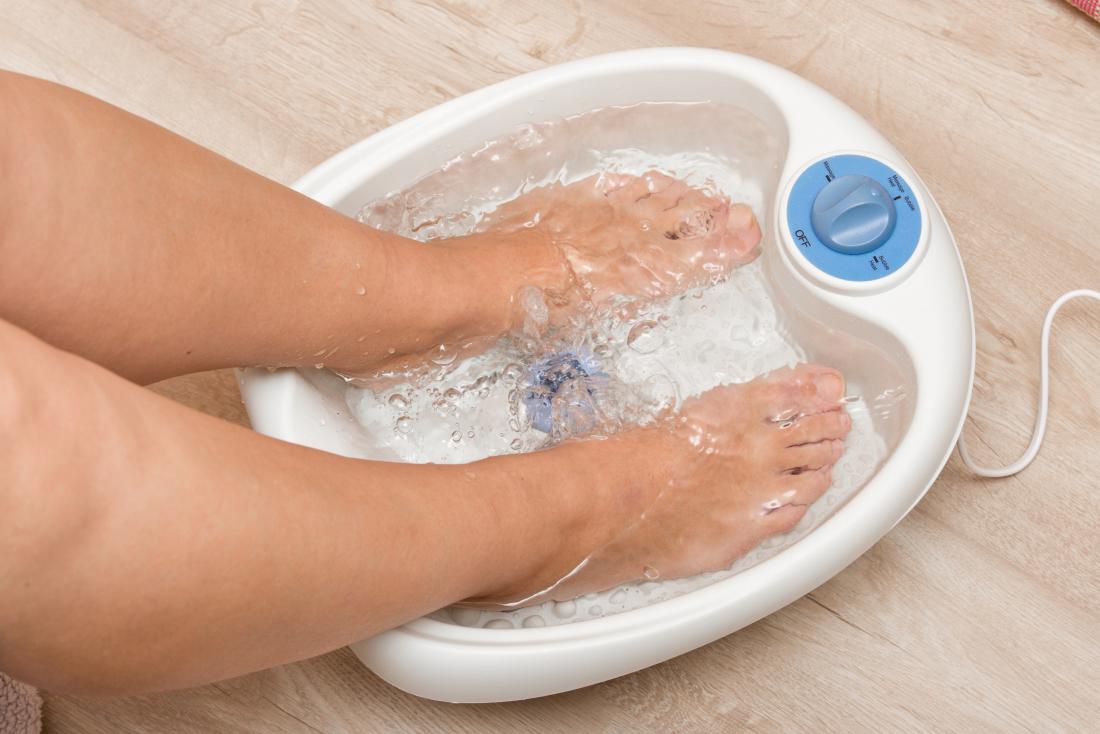Dermatology Tips and Treatments for Hyperhydrosis of Hands: Innovative Solutions
Wiki Article
Understanding the Origin of Excessive Sweating and Its Influence On Life
While it is frequently comprehended as a physiological response to manage body temperature level, the triggers for too much sweating can differ commonly among individuals, incorporating not just physical aspects but psychological and additionally psychological elements. By diving right into the root creates of hyperhidrosis and exploring its complex results, a deeper understanding of this prevalent problem can be acquired, shedding light on the intricacies that individuals grappling with excessive sweating navigate on a day-to-day basis.Physiology of Sweat Glands
The policy of sweat production, a crucial physical process, is largely managed by the task of gland dispersed across the body. Sweat glands are classified into 2 main kinds: eccrine and apocrine glands. Eccrine glands are the most many and are discovered in almost all locations of the body. They play a vital duty in thermoregulation by secreting a watery liquid onto the skin's surface area, which aids and evaporates cool down the body down. On the other hand, apocrine glands are focused in locations rich in hair roots, such as the armpits and groin, and their secretions are thicker and milky in look.When the body temperature increases, either as a result of exercise, high temperatures, or psychological stress, the nerve system triggers the sweat glands to create sweat. This sweat is made up primarily of water and electrolytes like sodium and chloride. The process of sweat manufacturing is essential for preserving the body's inner temperature within a narrow, ideal variety, highlighting the essential role sweat glands play in human physiology.
Triggers for Excessive Sweating
In recognizing the source of too much sweating, it is important to identify the triggers that can result in this physiological feedback. Extreme sweating, additionally referred to as hyperhidrosis, can be triggered by different aspects, both physical and ecological. One usual trigger is psychological stress or anxiety, which can stimulate the body's sweat glands to produce more sweat than is required for cooling. Physical exertion, heats, and spicy foods are also known to set off excessive sweating in individuals prone to this condition. Specific medical problems like hyperthyroidism, diabetes, or menopause can add to extreme sweating as well.Additionally, medications such as some antidepressants, opioids, and particular supplements can also work as triggers for hyperhidrosis. Comprehending these triggers is important in managing extreme sweating effectively - Sweaty hands treatment. By identifying and attending to the particular triggers that motivate excessive sweating in a private, doctor can create individualized treatment plans to relieve this condition and boost the individual's high quality of life
Medical Issue Associated
Related to too much sweating are different clinical conditions that can intensify this physical response. One typical problem is hyperhidrosis, a disorder characterized by unusually enhanced sweating that goes beyond the body's thermoregulatory needs. This can materialize in focal locations like the hands, soles, underarms, or face, impacting an individual's high quality of life as a result of social embarrassment and pain.In addition, endocrine problems such as hyperthyroidism, diabetes, and menopausal hot flashes can also lead to excessive sweating. Hyperthyroidism creates an overproduction of thyroid hormonal agents, increasing metabolic rate and triggering sweating. Diabetes can generate sweating episodes, specifically throughout hypoglycemic episodes when blood sugar level degrees drop too reduced. Menopausal warm flashes, Home Page credited to hormone changes during menopause, can cause sudden and extreme sweating, usually come with by flushing and heart palpitations.
Furthermore, infections like hiv, endocarditis, and consumption have actually been connected with night sweats, an usual sign known to interfere with sleep and affect total wellness. These clinical conditions highlight the diverse variety of underlying elements that can add to excessive sweating, demanding complete assessment and have a peek at this website management by health care professionals.
Psychological and Psychological Factors

Influence On Social Communications
Extreme sweating can have extensive effects on an individual's capacity to engage easily in social interactions. The visible indicators of sweat stains or damp spots on clothes can bring about embarrassment and self-consciousness, causing individuals to take out from social situations. This withdrawal can affect partnerships, limit social tasks, and prevent specialist and personal growth.
Additionally, the anxiousness and self-worth issues stemming from extreme sweating can impact communication and social abilities. People might battle to concentrate on discussions, get involved in team tasks, or express themselves confidently. This can lead to feelings of isolation and isolation, as social links come to be testing to preserve.
Final Thought

While it is typically comprehended as visit this web-site a physiological response to manage body temperature level, the triggers for extreme sweating can vary extensively amongst individuals, incorporating not only physical elements but additionally psychological and psychological elements. By diving into the root creates of hyperhidrosis and discovering its multifaceted results, a deeper understanding of this prevalent issue can be obtained, losing light on the complexities that individuals grappling with too much sweating navigate on a daily basis.
Physical physical effort, high temperatures, and spicy foods are additionally understood to activate extreme sweating in individuals susceptible to this condition. By recognizing and dealing with the specific triggers that motivate too much sweating in a private, medical care carriers can establish personalized therapy plans to minimize this condition and enhance the person's high quality of life.
Too much sweating can have profound results on an individual's capability to involve conveniently in social communications.
Report this wiki page